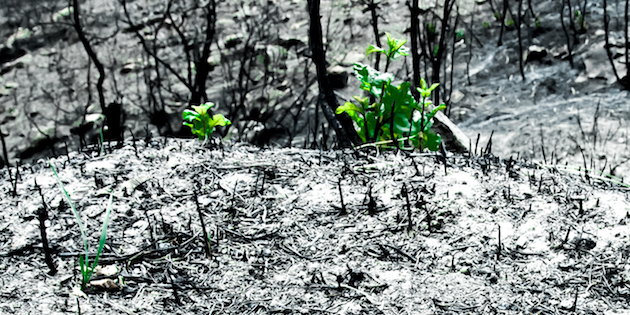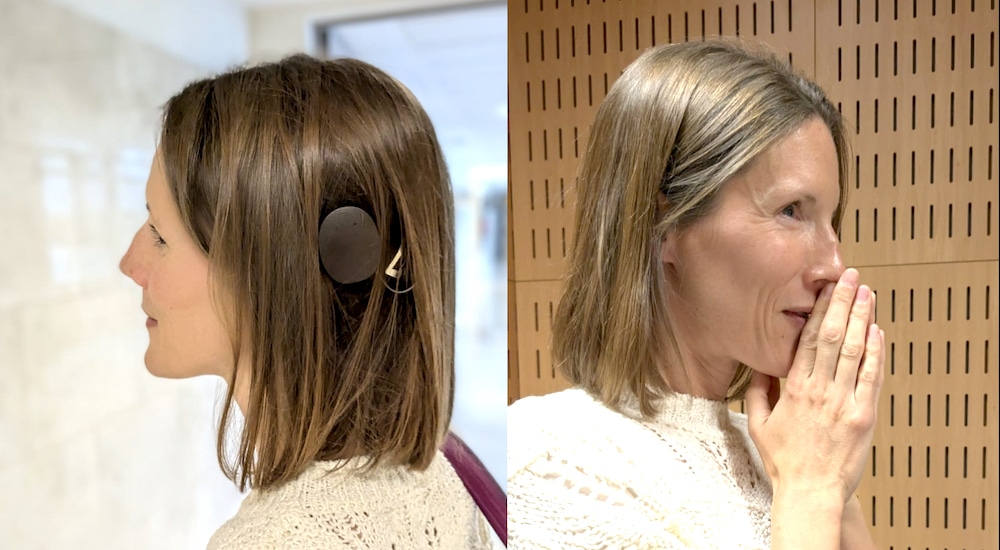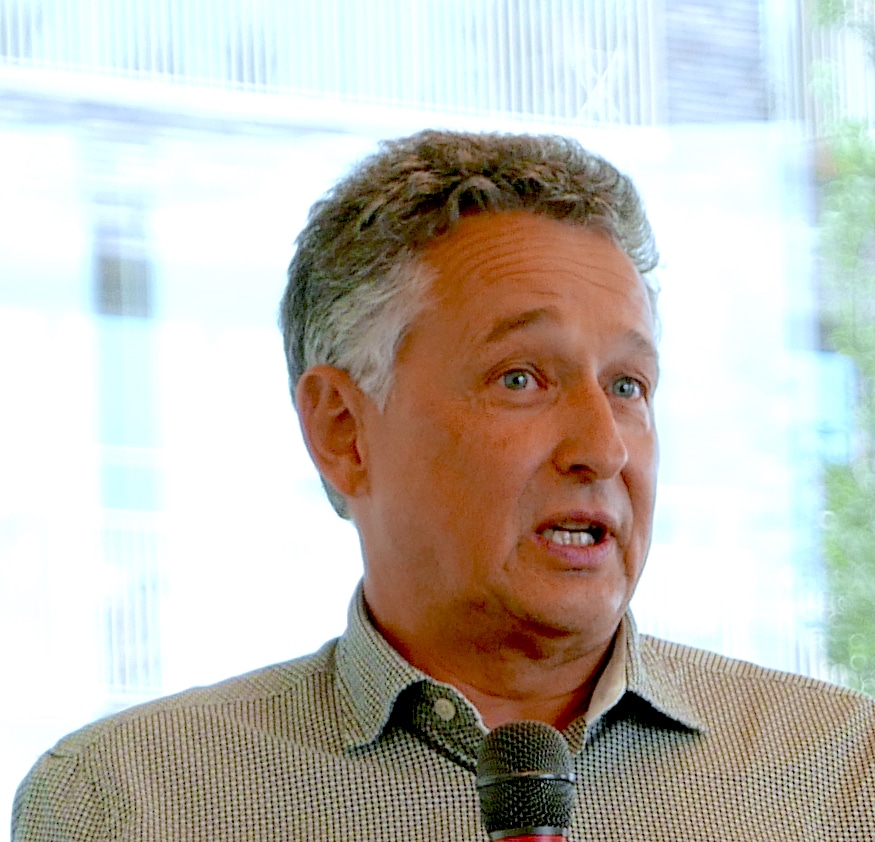Long read: How badly hit by the coronavirus crisis is UK audiology?
COVID-19
How badly hit by the coronavirus crisis is UK audiology? To answer, David Welbourn draws on knowledge gained as a trustee for the UK Council on Deafness, a hospital trust lead governor, and a business leadership consultant, expressing his personal viewpoint, he stresses, and not that of the British Society of Hearing Aid Audiologists (BSHAA), of which he is Chief Executive.

Audio Infos (AI):UK audiology has been facing some difficult challenges over recent times; does anything compare to the one posed at all levels by the coronavirus crisis? Where are the main impacts?
David Welbourn (DW): I don’t think anyone was prepared for the enormity of a pandemic, and it is difficult to say whether audiology fared better or worse than other areas. Perhaps the biggest wake-up call generally is that for decades a global pandemic has been at the top of most countries’ strategic risks, and we’ve seen the complacency with which that has been viewed – not helped by SARS, MERS, avian flu all fizzling out as damp squibs.
The countries that have fared best are the democratic ones with a high level of mutual respect and trust between citizen and state, or the authoritarian ones in which compliance is built on fear. Those democracies in which political power had become devalued and lost credibility have borne the greatest consequence, and struggled the most to bring some order out of the chaos and devastation.
What does that in its own right teach us about audiology in the UK, never valued to the extent it deserved given the lost potential in so many lives because hearing care has always been marginalised? Limited credibility and lack of united leadership in the profession have left it positioned badly to influence or even be considered in the grand scheme. People who are deaf or with hearing difficulties have hardly fared in conversations. Clarity for audiology practice was only added explicitly to the guidance a few days in. Finding anyone in authority willing to organise critical guidance in BSL was a nightmare for the first ten days or so.
As many commentators continue to point out, the marginalised, disadvantaged and disability groups will be impacted the most by the emergency measures, and are likely to be kept to the end of the queue for restoring a new version of normality. Despite advances in joint working, audiology is still not strong enough fully to represent the needs of the community who rely on our profession to ensure that isolation doesn’t become their permanent state.
At the same time, there is a glimmer of hope that everyone is discovering afresh how important it is to remain engaged in the world around you, and to value wider relationships more, and potentially to be more aware of the fragility of self-interest. Perhaps as we emerge, we can hope for more public interest in services like hearing care which enable so many people to engage more actively in the world around them.
AI: Are professional independent audiologists going to be in line for any financial assistance from the government or any other source? What is the position faced by businesses and self-employed professionals, and their employees?
DW: Like all small businesses in the UK, independent audiologists will have faced the same challenging discrimination, in which the level of support varies quite widely, with many falling into the cracks between the different schemes.
Sadly, those whose business model was specifically designed to support vulnerable clients will have come off worst. I’m referring to those who practise in space rented in a number of different multi-professional clinics as part of a “one-stop-shop” health clinic, or those who focus on the domiciliary market to support people with real mobility difficulties. Both the relevant grant mechanisms (the Small Business Grants Fund and the Retail, Hospitality and Leisure Grant Fund and the rate holiday (Bank Recovery and Resolution Directive) only benefit those practising out of business premises.
The majority of business owners who responded to the BSHAA survey are set up as limited companies, rather than self-employed, with the majority being true microbusinesses, employing no more than 5 people. Although it took some time for details to be clear about whether directors could furlough themselves as well as their staff, it wouldn’t be uncommon for most of those to pay a relatively small salary and rely on dividends to allow them to flex with demand. The government support in the Coronavirus Job Retention Scheme (CJRS) doesn’t really meet their needs. I think many of the self employed audiologists will also have missed out on support, if they have only recently chosen to go independent and either haven’t yet completed a tax return, or are still growing their business, so they are still in their infancy and have been taking low profit whilst they have been investing in start-up.
Employees are in many ways in a better position because of the furlough scheme, though it is likely that a number of independents will be finding this so damaging that they may choose to close, or may be forced to do so. Around two thirds of owners say they are very concerned about the future of their business.
All of these support mechanisms are of course purely financial. Outside of the audiology networks and peer support, there is little or no support for the real impact, which is the vocational one. We all recognise what a lifeline audiologists provide to their clients to enable them to live fully without their lives being limited by the extent of their hearing. The strain of facing the dilemma of withdrawing that lifeline from clients, at the same time as facing potentially devastating consequences on their own business. At the beginning when the restrictions were changing very quickly, many audiologists would have been revisiting those enormously difficult and distressing decisions day-after-day.
AI: Can the hearing health sphere get going again quickly, assess and repair the damage, restructure itself for any necessary changes, and soon start reporting full economic, organisational, and motivational health? Or is this all as delusional a vision as the infamous ‘it’ll be over by Christmas’ estimate?
DW: I think I’ve answered this in the first question. Hearing care is very low on society’s priorities, so there is a risk it is pushed further down without strong advocacy as we emerge.
However, there is the competing view that society has become more aware of what isolation and disadvantage mean. With the right framing, it could be that the new world is more ready to take hearing care more seriously, provided that audiologists are able to work together and speak to the greater good.
The world has suddenly rediscovered the value of experts and professionals, as people to be trusted and with some important messages. To play to that strength, audiologists have to be willing to set aside the ideological differences which continue in social media, so that they can be seen to speak with one powerful voice on behalf of those who need the profession to provide persuasive, effective and expert advice.
AI: Has what you’ve seen so far in the effect of the crisis on audiology revealed any unsuspected strengths or weaknesses in the hearing profession and the national structure of hearing healthcare?
DW: We know that only around one third of people who would benefit from hearing support of some kind are currently benefitting, and we know that the audiology sector is under-resourced to meet anything like the true demand. Too few audiologists are being trained to ramp up access to care for all who could benefit. The whole provision process relies on a mix of implicit rationing and public reluctance to seek hearing care in order to maintain current levels. The NHS budget for hearing care is woefully too small, and the complete separation of the public and private pathways means that there is unnecessary duplication of activity when someone chooses to shift from NHS to independent care. All the measures required to exit the current restrictions will conspire to make existing resources less productive and make it even harder to access care.
An integrated approach across public and private provision to maximise the effectiveness of the scarce resources, and to direct public funds to where it is needed most—without significant postcode lottery—has to be the best way forward to improve access to good hearing care for more people.
Like many professions, responding to the exit strategy is going to create a period of introspection just when the public need more help and support. Is the profession ready to capitalise and make permanent the few areas of gain achieved during the pandemic?
AI: What do professionals need to do to prepare for a return to full activity?
DW: It will be some time before consultations move beyond urgent or essential activities, and there is plenty to concern audiologists about people continuing to put-off their hearing tests because of avoiding clinics for whatever reason. How we emerge from the current restrictions will dictate the type of changes required. A vaccine or successful treatment will require fewer changes than an exit relying on testing.
Hopefully, the shift of more audiology services into the community will accelerate in line with policy, whether that is NHS or private practice. One lesson from the pandemic is that hospitals should be reserved for services that cannot be provided in any other setting – far too much hearing care is still designed around the clinician’s convenience, rather than the patient or client.
Audiologists face a period in which they will have to practise within a new norm that is dominated by social distancing and increased focus on safety measures. As a clinical profession, hygiene, infection control and risk assessment have always been uppermost in the thinking, so audiologists are well versed in the basic tools they will have to revisit. The physical clinic environment will have to be rethought, there may need to be fewer appointments in each clinic to allow gaps between clients, and there will be a more detailed triaging process to ensure anyone suspected of being in recent contact with the virus does not pose a transmission threat.
Like all clinical professions, the shift to on-line working where possible will be accelerated, and the newer devices which can be remotely programmed are likely to be favoured over those requiring more face-to-face appointments. Repairs, routine maintenance and battery supply will be increasingly handled outside of normal clinic appointments.
Preparing for routine wax removal is probably one of the bigger challenges, though hearing tests, impression taking and hearing aid fitting all involve the extra care required for close working.
DW: I am really pleased with the way in the space of a few short days the professional bodies have been able to reach a shared understanding and produce joint guidance that we’ve not been able to achieve in the past. It hasn’t been without its difficulties or its dissenters, but it is a sign of real progress.
Source: Audio Infos UK #135 May 2020






